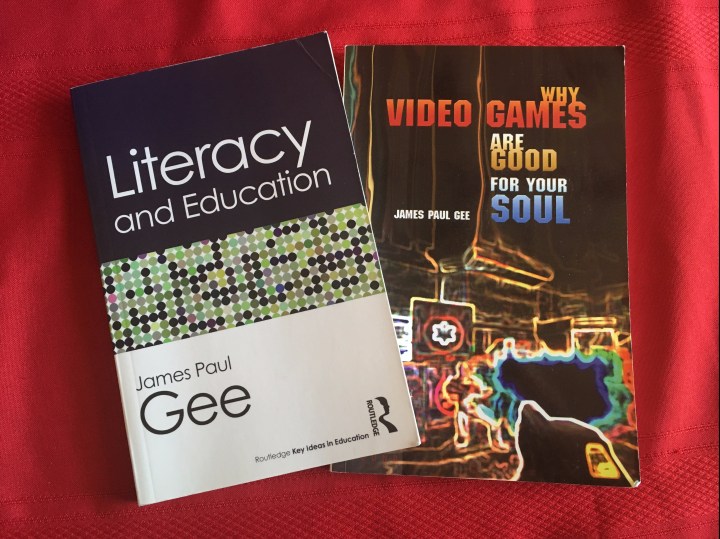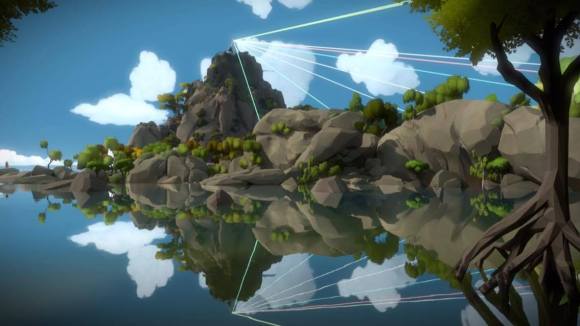Thoughts on James Paul Gee’s Work

…human intelligence and creativity, today more than ever, are tied to connecting—synchronizing—people, tools, texts, digital and social media, virtual spaces, and real spaces in the right ways, in ways that make us Minds and not just minds, but also better people in a better world.
― James Paul Gee, The Anti-Education Era: Creating Smarter Students through Digital Learning
For this post, I’m going to meander my way through some of James Paul Gee’s ideas on video games and education. I met Gee this past week, and I’m excited to share some thoughts on why I think Gee’s work is important. Continue reading “Thoughts on James Paul Gee’s Work”


 Minecraft is a game that has received a lot of attention for its use as an educational tool. The game has mostly been used in K-12 classrooms, but there are many possibilities for its application in higher education.
Minecraft is a game that has received a lot of attention for its use as an educational tool. The game has mostly been used in K-12 classrooms, but there are many possibilities for its application in higher education.


